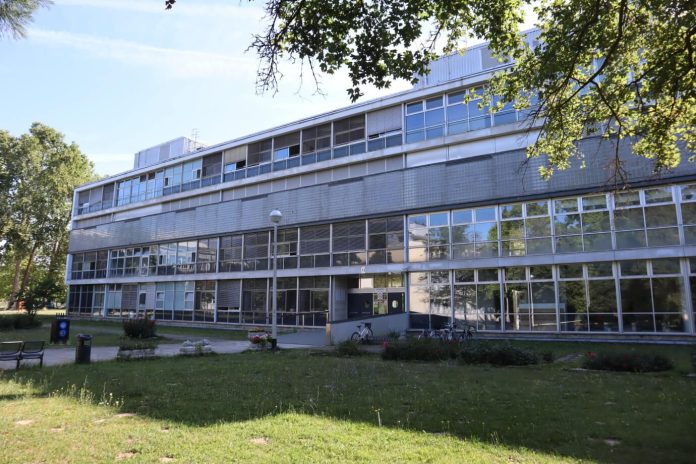The potential of using renewable energy sources in agriculture is great but in Croatia, unlike in other EU countries, their use is minimal. Lack of information, ignorance and prejudices are the most common reasons for it, while the results of such an approach are higher costs, lower competitiveness and the considerable impact of agriculture on the climate and environment. Recognizing the importance of eliminating obstacles to enhancing agriculture and the energy transition as well as the need for a synergy between these two sectors Renewable Energy Sources of Croatia (OIEH) and the Faculty of Agronomy of the University of Zagreb signed a cooperation agreement.

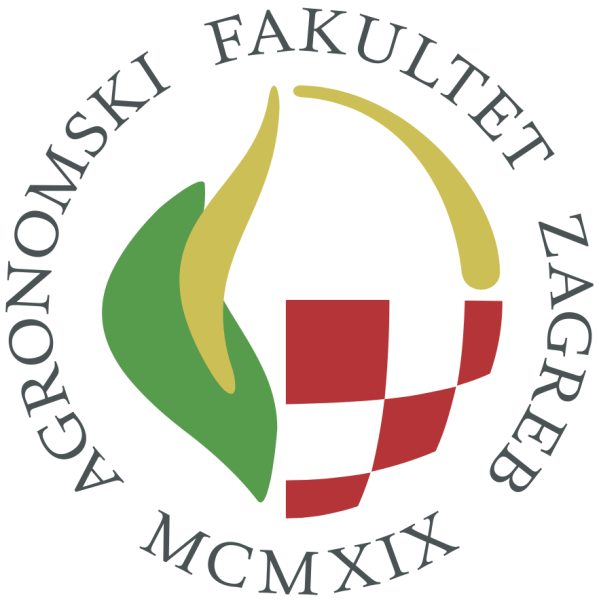
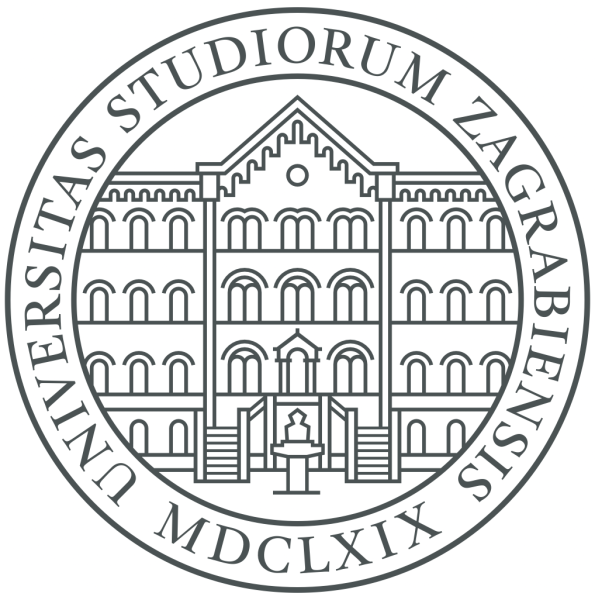
The Renewable Energy Sources of Croatia (RESC) is the only economic organization u Croatia that brings together energy companies that have achieved a total of 80% installed capacity for the production of electric power from renewable sources in our country, as well as other RES industries: developers and consultants. The primary goal of RESC is the resolution of investment and administrative preparations for RES projects, the positioning of the RES industry as strategic and the achievement of economic and social consensus that the future of Croatia is in renewable energy sources and domestic resources. RESC is also active at the international level as the only institution member from Croatia in the organizations WindEurope, SolarPower of Europe and European Biogas Association, through which it is powerfully advocating the greater use of the potentials of wind, sun, and other renewable energy sources in Croatia.
Maja Pokrovac, managing director of RESC, pointed out the importance of cooperation with the Faculty of Agronomy of the University of Zagreb: “In our information and education activities and active participation in the co-creation of the process and public policies for the further development of the renewable energy sector the cooperation with the academic community is very important.
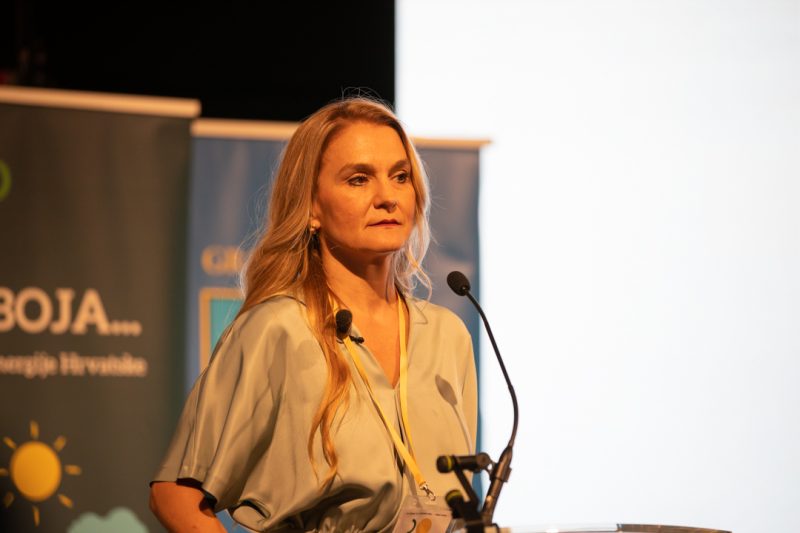
We view the Faculty of Agronomy in Zagreb as a partner whose scientific research activities will be a great contribution to our efforts to use more renewable energy sources in agriculture. Their use lowers the costs of agricultural production in the long term, increases sustainability and competitiveness. It also increases the chances of farmers to draw financial means from EU funds because the use of RES is increasingly becoming a condition in the tenders, given that sustainability, primarily the reduction of harmful emissions, is one of the key EU goals within the framework of the green transition.
Along with all the above, the greater use of the RES potential is one of the main objectives of the European Green Plan, which includes the lowering of carbon emissions by 55% to the year 2030. The more intensive use of renewable energy sources and greater energy efficiency is a key factor in the achievement of this ambition.”

The Faculty of Agronomy of the Zagreb University, with more than a 100-year-long rich academic tradition, has become distinctive as a leading scientific and university institution in Croatia in the field of bio-technical and related sciences. The studies cover all the fields of agricultural production and connected activities, including agrarian economics, agro-tourism and landscaping architecture. There are nine under-graduate, sixteen graduate, and one post-graduate doctorial study as well as four post-graduate specialist studies. Apart from theoretical and laboratory instructions the students also go through an obligatory field course and expert practice by way of which they supplement their knowledge and acquire competencies for the labor market. Through the application of the highest academic standards, they are enabled to acquire competencies based on contemporary scientific know-how and innovations.
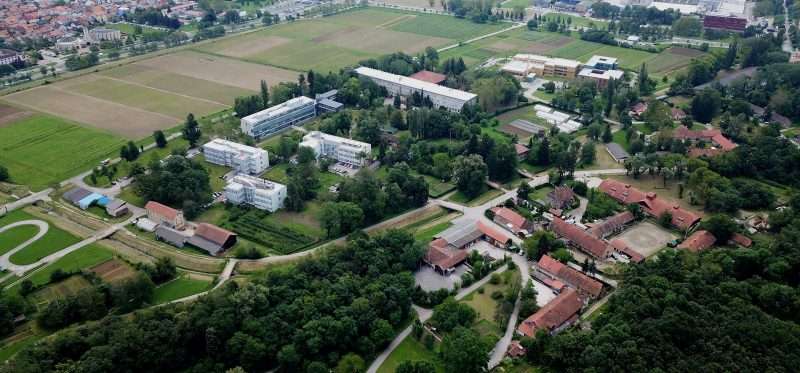
Specificity of the Faculty of Agronomy in Zagreb is the testing grounds which by their surfaces, economic facilities, and technical and technological equipment offer unique preconditions in the Republic of Croatia for the education of students and implementation of research projects. The application of the highest academic standards enables the students to acquire competencies based on contemporary scientific know-how and innovations. The Faculty of Agronomy of the Zagreb University is oriented to the future and the key strategic goals are increasing sustainability and quality on all levels, as well as the promotion of research, scientific excellence and cooperation with the economy.
The dean of the Faculty of Agronomy, prof. Ivica Kisić, PhD, underlined: “ As of late, the Faculty of Agronomy has been on all the world citation lists in the field of “Agricultural sciences”, ranked among the 100-200 most cited faculties in world proportions. In addition, according to NTU ranking, the Faculty of Agronomy is the best-ranked field, and along the Faculty of Medicine, raises significantly the Zagreb University’s average on world citation lists. One of the reasons is due to the constant broadening of horizons and fields of activity of the Faculty of Agronomy.
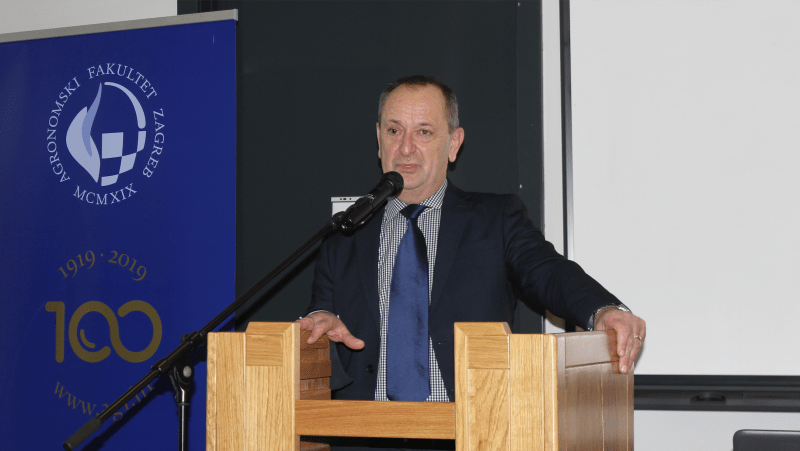
Through new study programs (renewable energy sources, agro-tourism, rural development, fishing, and hunting) and lifelong learning or organization of summer schools, we are trying to show how to keep young people in the rural areas, namely, find multiple ways for them to earn a living in these areas. Reducing the ecological footprint through the use of renewable energy sources is one of the ways of mitigating emissions of greenhouse gases, namely, adapt and alleviate the consequences of climate change.”
On the basis of common scientific research and expert interests, OIEH and the Faculty of Agronomy of the Zagreb University are planning to cooperate on various projects with a view to strengthening agriculture through the use of renewable energy sources. The topics that are emerging at the beginning of this cooperation include using the energy of the sun through the project of agro-solars whose use in other EU countries shows very good results in regard to the protection of agricultural crops and increase of yields with the simultaneous production of energy as well as the valorization of digestates that are the by-products of the operation of biogas plants, including the insufficiently known and used organic fertilizers which improve the quality of the earth.


